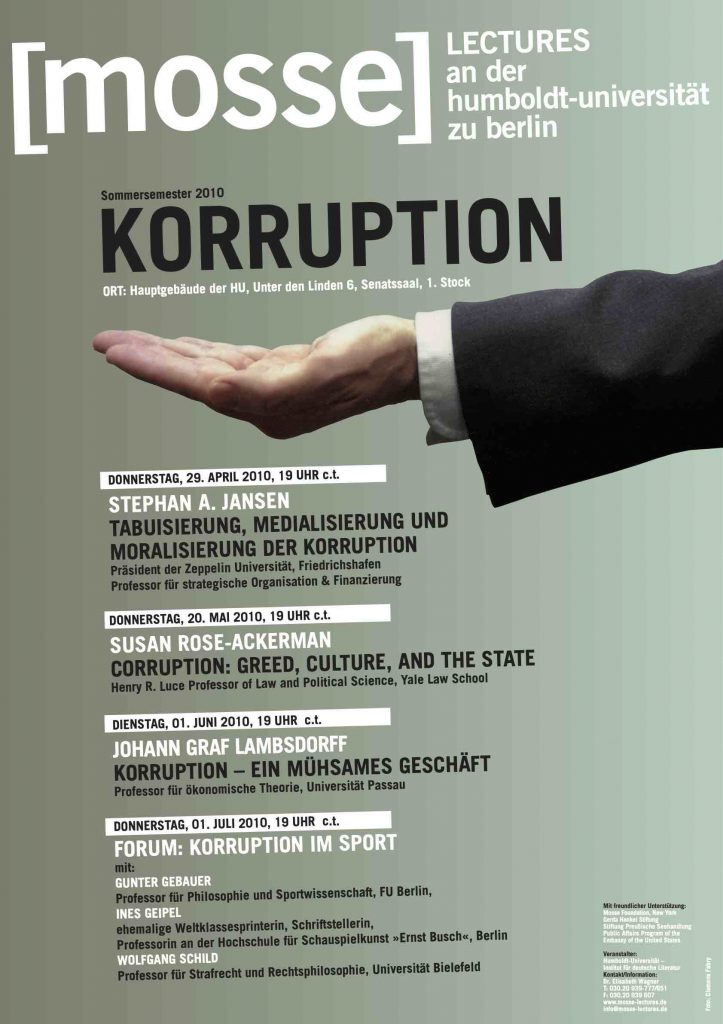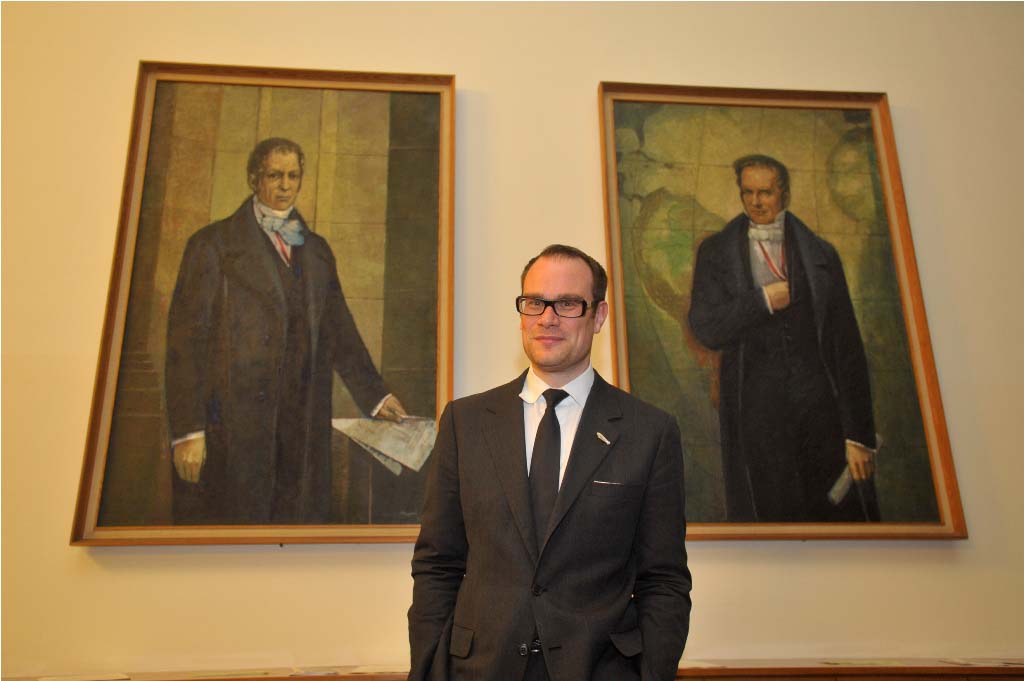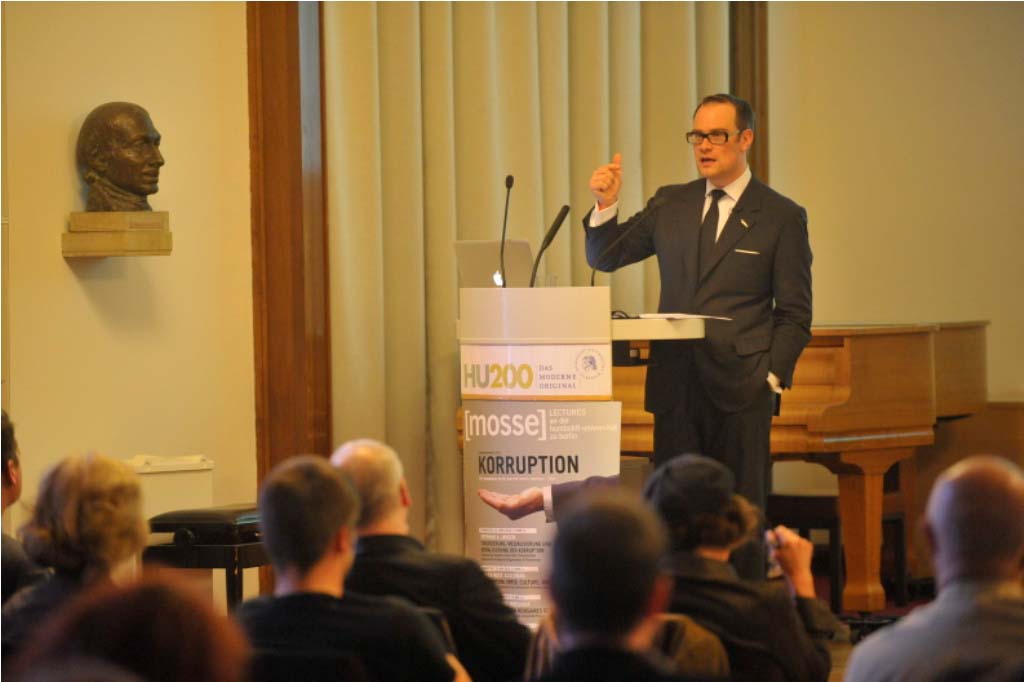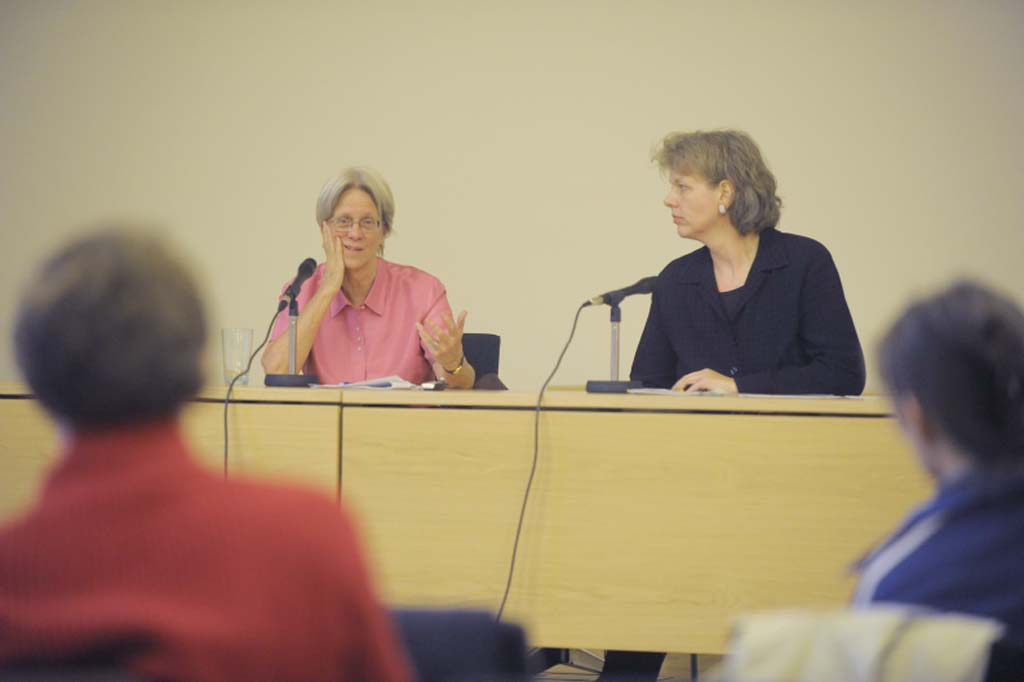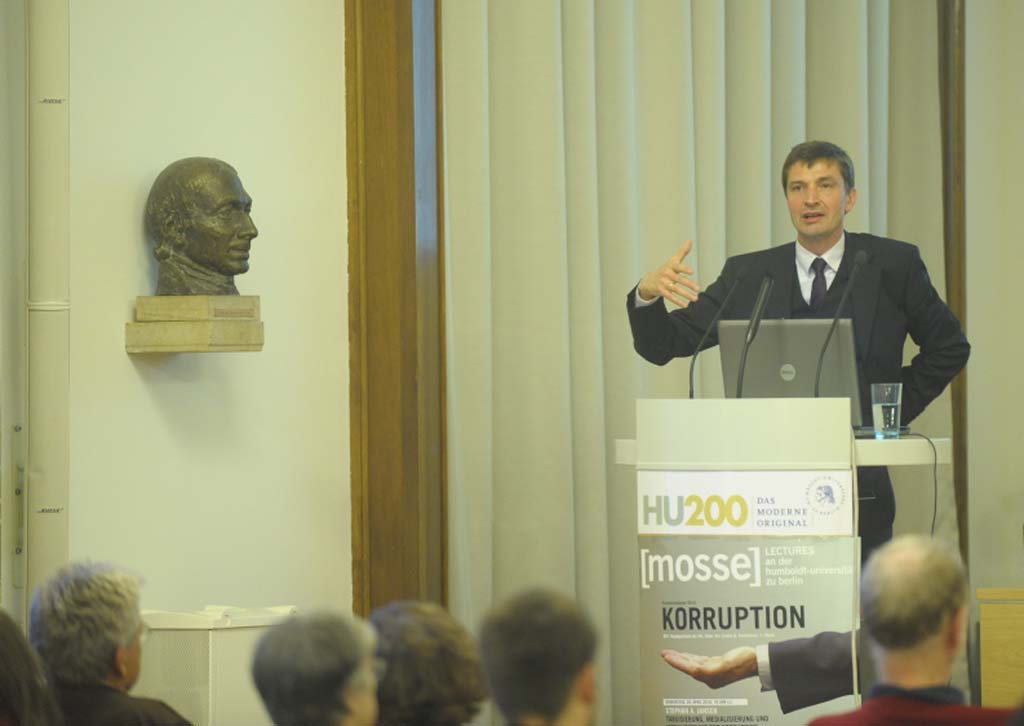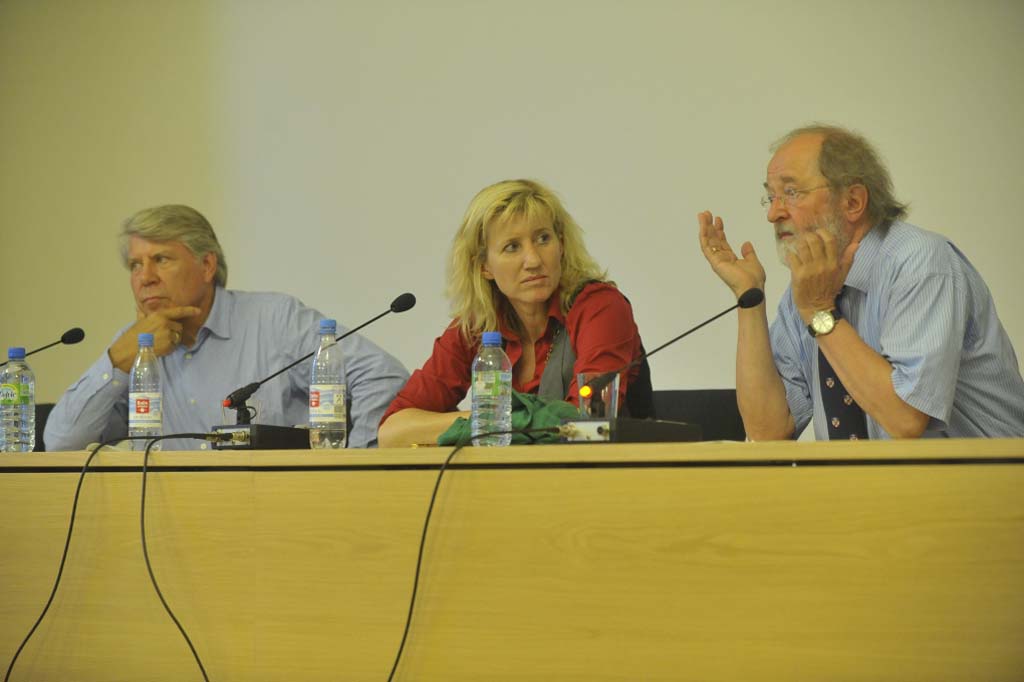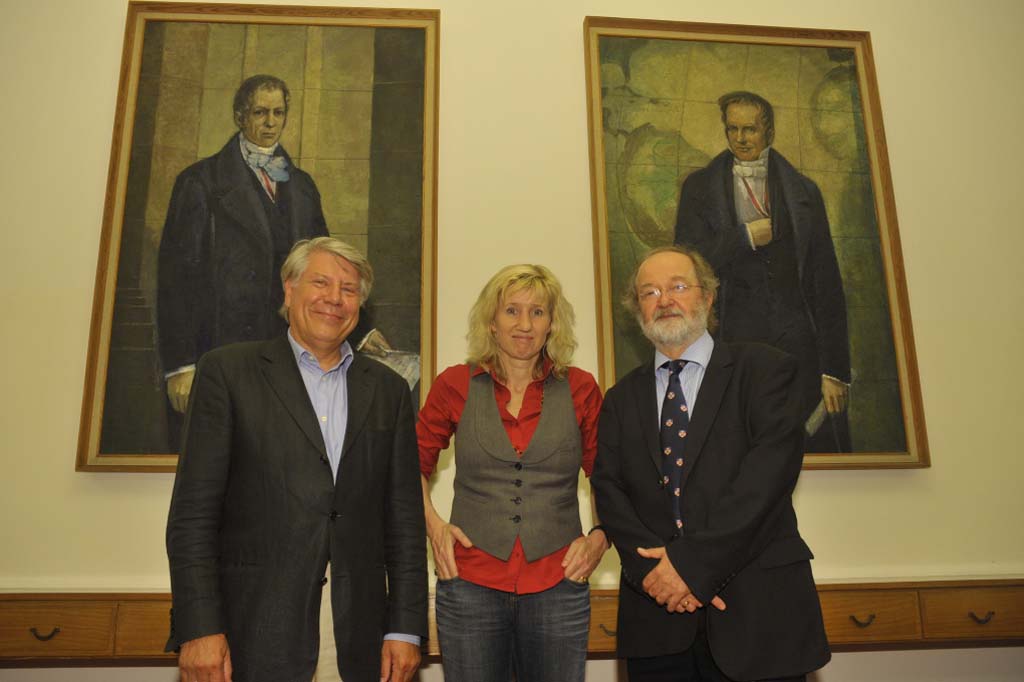Public opinion regarding the current financial crisis has underlined the doubts about the competence and integrity of politicians and managers and their self-imposed adherence to corporate governance guidelines. Corruption, – understood in a political sense as damage caused to the bonum commune through particular interests and acceptance of benefits, and economically defined as corporate activities in a grey zone between legitimacy and legality – is in the media generally condemned as moral misconduct. But this is very little help in the operative control of corruption as ‘structural interlinking’ (Luhmann) of economic, political, social-psychological and criminological realities. Effective in the media, but not counterproductive with respect to the elucidation and abatement of corruption, is a certain fascination with the ‘scandal’, the unknown figures, black holes and slush funds. The intrinsic ‚incommunicability‘ of corruption (the keeping quiet about the exertion of influence on administrative and legislative processes, on trade agreements and investment plans) is always fuel for more conspiracy theories in your local bar, in the thriller on TV or in the talk shows. ‘Our spontaneous moral outrage about cases of corruption is quite obviously an argument of society with itself’, writes the sociologist Dirk Baecker. Corruption is perceived as a ‘dysfunction’ of the ‘normal’ societal reproduction.
The Mosse-Lectures are considering geo-political, historical and media-research aspects to further explore this ‘phenomenon of an unenlightened capitalism’. It’s about grasping the peculiar functionality and dynamic of corruption in specific areas of activity: for example in a corporation (the fight for market share and jobs legitimizes the break with the company’s own anti-corruption policies), in administration (the paradoxes of inclusion and exclusion in the decision about investments), in the specific cultural environment (the very own ‘currency of corruption’ that insider teams and the mafia appear to have: reciprocal support, social affiliation, complex personal and collective dependencies). Even the activities of anti-corruption organizations such as Transparency International with its strategy of enlightenment (not ‘confrontational’ but ‘consensual’) move within the institutional stress field of functionality and dynamic. Supporting international corporations which it is observing, Transparency often has to endure allegations by NGOs of being system-immanent itself.


